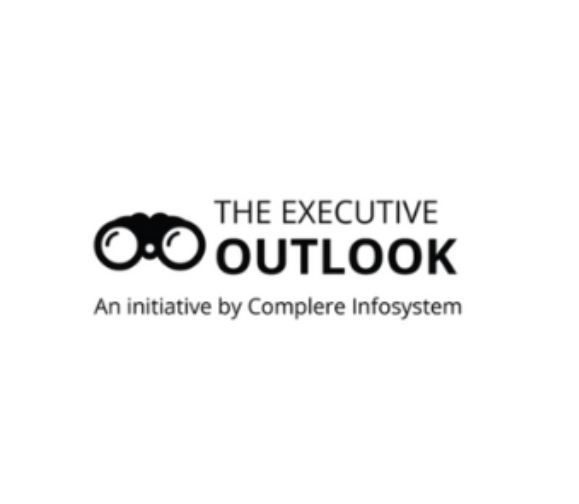As a tech veteran with a deep commitment to social impact, Colin has been at the top of digital transformation, helping organisations bridge the gap between technology, data, and business growth. Through his leadership, 3C Consultants has become a key player in helping social housing providers optimise technology to improve customer service, operational efficiency, and social impact.
The journey that Colin took to become a well-known business leader and innovator commenced in the early 1980s, during which time he was pursuing a qualification in computer science. His interest in technology was sparked during this time, setting the stage for a career that would span multiple decades and industries.
His professional journey involved working with Alan Sugar’s Amstrad and Steve Jobs’ Next Computers. Colin was able to see firsthand how technology drives businesses and enhances customer value. This increased his advanced technological exposure and paved the way for his later undertakings in the worlds of technology and data.
Colin’s third company, 3C Consultants, was founded with a clear mission: to improve the lives of people through technology. He found his calling in the social housing sector, where technology could play a crucial role in delivering better services to the most vulnerable members of society.
As Colin explains, “Providing people with homes where they can live safely and raise their families is fundamental to societal growth. And technology is key to making that possible.” With this mission in mind, 3C Consultants began helping social housing providers use data and technology to enhance customer service, streamline operations, and drive meaningful social impact.
A central theme in Colin’s approach to business is the importance of a data-driven strategy. According to Colin, having the right data can support strategic growth, achieve new business opportunities, improve customer satisfaction, and foster innovation. But it all starts with leadership.
“Without leadership that understands the value of data, businesses can’t utilise their full potential,” Colin asserts. “Data is fundamental to the success of any business strategy. It’s not about having the latest technology; it’s about using the right data to make informed decisions and drive growth.”
One of the biggest challenges organisations face, Colin notes, is the tendency to purchase technology without fully understanding their objectives. He emphasises that businesses need to adopt a “data-first” approach, where the focus is on gathering and utilising the right data to meet business goals.
This mindset shift is critical for achieving business development and growth. “When businesses understand their data, they can align their goals with actionable insights, which leads to smarter decisions and improved outcomes,” Colin explains.
A significant hurdle in achieving a data-driven strategy, according to Colin, is the existence of data silos within organisations. These silos can prevent data from being shared across different departments, making it difficult for businesses to get a complete, unified view of their operations.
Colin shares a common issue in the social housing sector, where organisations may have multiple software systems that don’t communicate with each other. “In social housing, it’s common to find systems that say one thing about the number of properties, while another system reports something completely different. This can lead to confusion and poor decision-making,” he explains.
To overcome this challenge, Colin advocates for centralising data and creating a “single version of the truth.” “You need to ensure that data flows seamlessly across the organisation. Only then can businesses make data-driven decisions that lead to growth,” he adds.
For Colin, leadership is not just about making decisions—it’s about creating an environment where teams are empowered to use data and technology to drive business success. He notes, “Leaders need to foster a culture that embraces change, encourages experimentation, and supports continuous learning.”
Colin’s leadership style is rooted in the belief that effective leadership goes together with mentorship. “As a leader, it’s important to guide people, help them discover their potential, and align their passions with the company’s goals,” he explains. By focusing on the development of his team, Colin has created an environment where individuals can thrive and contribute to the company’s success.
Colin emphasises that businesses must focus on data quality before implementing AI solutions. “AI can be an incredible tool for improving efficiency and driving growth, but it’s only as good as the data behind it,” he says.
Colin Sales’ journey is a testament to the power of data, technology, and leadership in driving business development and success. His work in the social housing sector and beyond showcases how data-driven strategies and AI can transform businesses, improve customer experiences, and foster sustainable growth.
For aspiring data leaders and entrepreneurs, Colin’s insights offer valuable lessons on the importance of data strategy, leadership, and innovation. As the business world continues to evolve, those who embrace change and invest in data-driven strategies will be the ones shaping the future.






